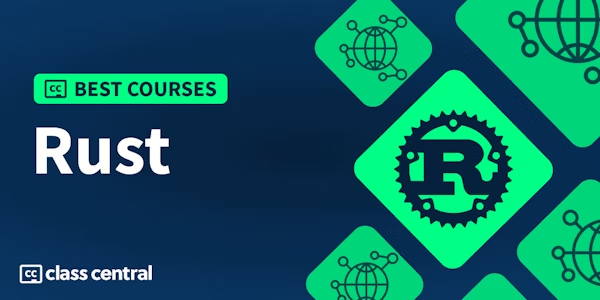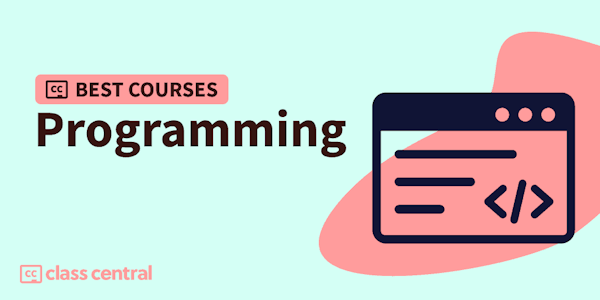Begin your journey into Rust programming with this all-encompassing course designed for developers looking to grasp the power and efficiency of Rust. Start with the essentials, including setting up your development environment and running your first program. As you progress, delve into basic programming constructs such as variables, data types, and functions, building a strong foundation for more complex concepts.
The heart of Rust lies in its unique ownership model, which ensures memory safety and concurrency. This course provides a thorough exploration of ownership, including heap and stack memory management, and the intricacies of mutable and immutable references. You'll gain a deep understanding of how Rust handles memory, helping you write robust and efficient code.
As you advance, the course introduces control structures, allowing you to write more flexible and powerful programs. Learn through hands-on projects, like implementing a stack, which reinforce the theoretical knowledge with practical application. Finally, tackle advanced topics like lifetimes, closures, and iterators, rounding out your expertise in Rust and preparing you for real-world programming challenges.
This course is ideal for developers with basic programming knowledge who want to learn Rust. No prior Rust experience is required, but familiarity with programming concepts will be beneficial.
Overview
Syllabus
- Introduction
- In this module, we will get acquainted with Rust programming and cover the course learning objectives. You will learn how to install Rust and VS Code, set up a development environment, and run your first Rust program to understand the basics.
- Basic Programming
- In this module, we will delve into basic programming concepts in Rust. You will learn about program outputs, comments, variables, and different data types including strings, tuples, arrays, and vectors, along with functions and inputs.
- Ownership - The Heart of Rust Programming
- In this module, we will explore the core concept of ownership in Rust programming. You will learn about primitive and non-primitive types, memory management with heap and stack, and ownership rules in the context of functions and references.
- Control Structures
- In this module, we will cover control structures in Rust. You will learn to implement conditional statements, various loop types, and use break and continue statements to manage the flow of your programs efficiently.
- Project: Stack Implementation
- In this module, we will undertake a hands-on project to implement a stack data structure. You will learn to reverse strings and evaluate expressions using stacks, including converting infix to postfix notation and evaluating postfix expressions.
- Structures, Traits, Generics, Enums
- In this module, we will explore advanced Rust features such as structures, traits, generics, and enums. You will learn to construct and implement these features, including option and result enums, and use hash maps for data storage.
- Iterators, Lifetimes, and Closures
- In this module, we will delve into advanced Rust programming concepts including lifetimes, closures, and iterators. You will learn to manage memory with lifetimes, write concise code with closures, and use iterators to process data efficiently.
Taught by
Packt - Course Instructors





